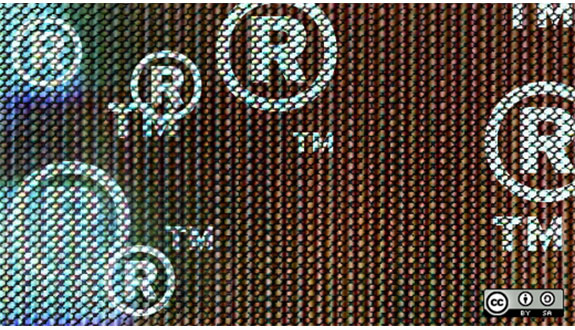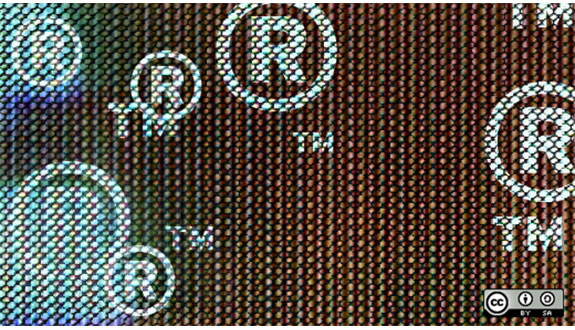IP, you P, we all P for IP!
- by
- Feb 05, 2016
- Legal Life
- Reviewed by: Matt Riley


Once you get to law school, there are certain things you’re supposed to know: that you won’t get to make or eat delicious tortes in Torts, Bar Review and Bar Review are two entirely different things (one is fun, the other is not; one involves a weekly downing of drinks, the other involves two miserable months trying to pass the bar exam), and IP Law is not some sort of juvenile joke but actually stands for something.
Some of you might feel like you’ll have a leg up, since you know that IP Law stands for “Intellectual Property Law,” which covers the laws that govern the products of mental labor. In turn, you might also know that IP Law is intended both to protect individuals and spur innovation (since people will feel secure in being able to make some gains from their labor). Okay, that’s a good start, but do you know the difference between the three separate areas of IP Law?
Copyright law, trademark law, and patent law all fall under the umbrella of IP Law, but there’s a clear break between patent law, which is often called “hard IP,” and copyright law and trademark law, which are often called “soft IP.”
Patent law deals with patents (as copyright law does with copyrights and trademark law does with trademarks). Patents protect inventions for a set period of time and prevent others from making, selling, or using the invention protected by the patent. (Here’s an interesting decision from today in patent litigation.) To get a patent, the invention must be new, useful, and unobvious. Patents can protect machines, plans, chemicals, and the like. The term “hard IP” is used with patents is because these inventions often have to do with the hard sciences (for example, chemical compounds with medicines, biology with plants, mechanical engineering with machines). Most firms looking for patent lawyers want lawyers with a hard science background, so English majors should apply elsewhere.
A science background isn’t necessary when it comes to dealing with copyright law and trademark law, however. Copyrights protect artistic expression—in other words, the physical form of artistic ideas (i.e. books, movies, songs, visual art)—also for a limited period of time (though for a longer period than patent law). Copyright holders not only get to benefit economically from their works and prevent others from doing so, they get exclusive rights over reproduction of their works and performance of their works. Copyright often presents interesting questions, apparently including whether a tattoo artist has the rights to the tattoos on a client.
Trademarks are those symbols and words that identify brands and products: the Nike swoosh, Apple’s apple with a bite out of it, Google, Adidas with the three stripes over it. Trademarks can last forever, so long as the trademark holder is using it. Trademarks don’t actually need to be registered for their holders to gain any benefits, but federal registration does give certain benefits that help with asserting a nation-wide right to use it over any other challengers. The idea behind trademarks is that the mark—if it is unique enough to distinguish itself from other marks in the same category—can help the owner, who has something towards which consumers can direct generated goodwill, and consumers, who can rely on the marks in making purchasing decisions. It can also lead to lamer-than-necessary vacations.
Now you know the diff. Any of these areas of law interest you?
Search the Blog

Free LSAT Practice Account
Sign up for a free Blueprint LSAT account and get access to a free trial of the Self-Paced Course and a free practice LSAT with a detailed score report, mind-blowing analytics, and explanatory videos.
Learn More
Popular Posts
-
logic games Game Over: LSAC Says Farewell to Logic Games
-
General LSAT Advice How to Get a 180 on the LSAT
-
Entertainment Revisiting Elle's LSAT Journey from Legally Blonde








